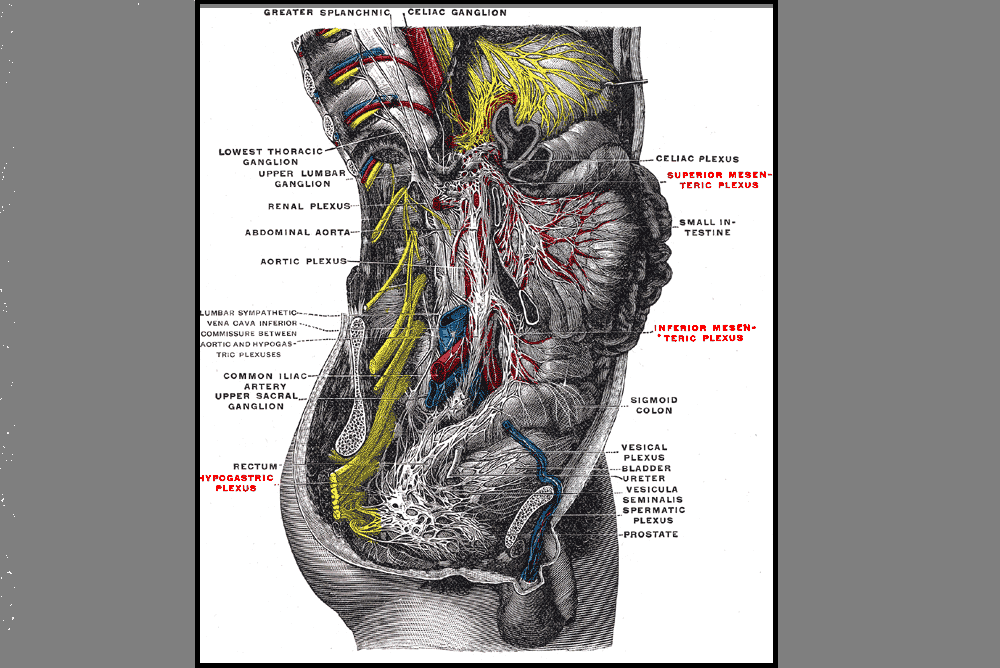Do Loving-Kindness Meditators Have Bigger Brains?

In the world of pelvic rehabilitation, brain morphology has been a hot topic for several years. Research has identified changes in various brain structures in patients who have specific conditions: irritable bowel syndrome, chronic pelvic pain, among others. (See prior blog about the brain, pain, and pelvic rehab by clicking here.) The research related to meditation is deep and rich, and the medical system continues to acknowledge the potential health benefits and cost savings from this simple technique that requires no equipment. The National Center for Complementary and Alternative Medicine (a division of the National Institutes of Health) states that meditation may work through effects on the autonomic nervous system. The nervous system in turn regulates functions such as breathing, heart rate, and digestion.
I had the opportunity in 2006 to take a course titled Mindfulness-Based Strategies for Relaxation and Stress Management from Carolyn McManus. In addition to discussing an abundance of research from a variety of disciplines, Carolyn taught us practical strategies and clinical approaches for patient care. She also instructed us in mindfulness techniques so that we increased our own skill set. Carolyn has instructed similar strategies to health care providers from many disciplines and to her patients, many of whom have tried years of other types of therapy. Since that time, I have constantly recommended the CD's that Carolyn created for patients, and with the many approaches she has (including contract-relax and autogenic retraining) I have found that there is something for everyone. The Institute is honored to host Carolyn's continuing education course, Mindfulness-Based Biopsychosocial Approach to the Treatment of Chronic Pain this November in Seattle. Keep in mind that the course is open to many disciplines- would this be a great course to take your student to, or to invite a referral source to attend with you? Undoubtedly, this course will offer beneficial information not just for the patients, but also for the participants to use in their own daily self-care.
In addition to Carolyn's new offerings, we are thrilled to host a course that is taught by siblings who represent the fields of physical therapy and psychiatry. How wonderful it will be to hear from Nari Clemons, PT, and Shawn Sidhu, MD, expert clinicians who treat patients from their own perspectives, and to be able to receive information from these different view points. You can sign up for the Meditation and Pain Neuroscience continuing education course taking place in Illinois in September. You can also read about Nari and Shawn's new course in Nari's recent blog post.
Now, back to the title of this post. Researchers studied MR images of 25 male patients while they were practicing a type of meditation termed loving-kindness. 10 of the men were deemed experts with practice in the technique for more than 5 years. Compared to the novices, the right angular and posterior parahippocampal gyri had increased gray matter in the experts. The authors note that the regions identified as being larger are related to affective regulation associated with empathy, anxiety, and mood. Bottom line? We are still learning a lot about meditation and the potential implications towards health, and there is continual attention given to understanding how the changes are created in the body. If you want to learn practical and evidence-based information about mindfulness and meditation, please join us at our new courses! And if you want some increased gray matter in some seemingly really valuable parts of the brain, practice a lot!
By accepting you will be accessing a service provided by a third-party external to https://hermanwallace.com./








































